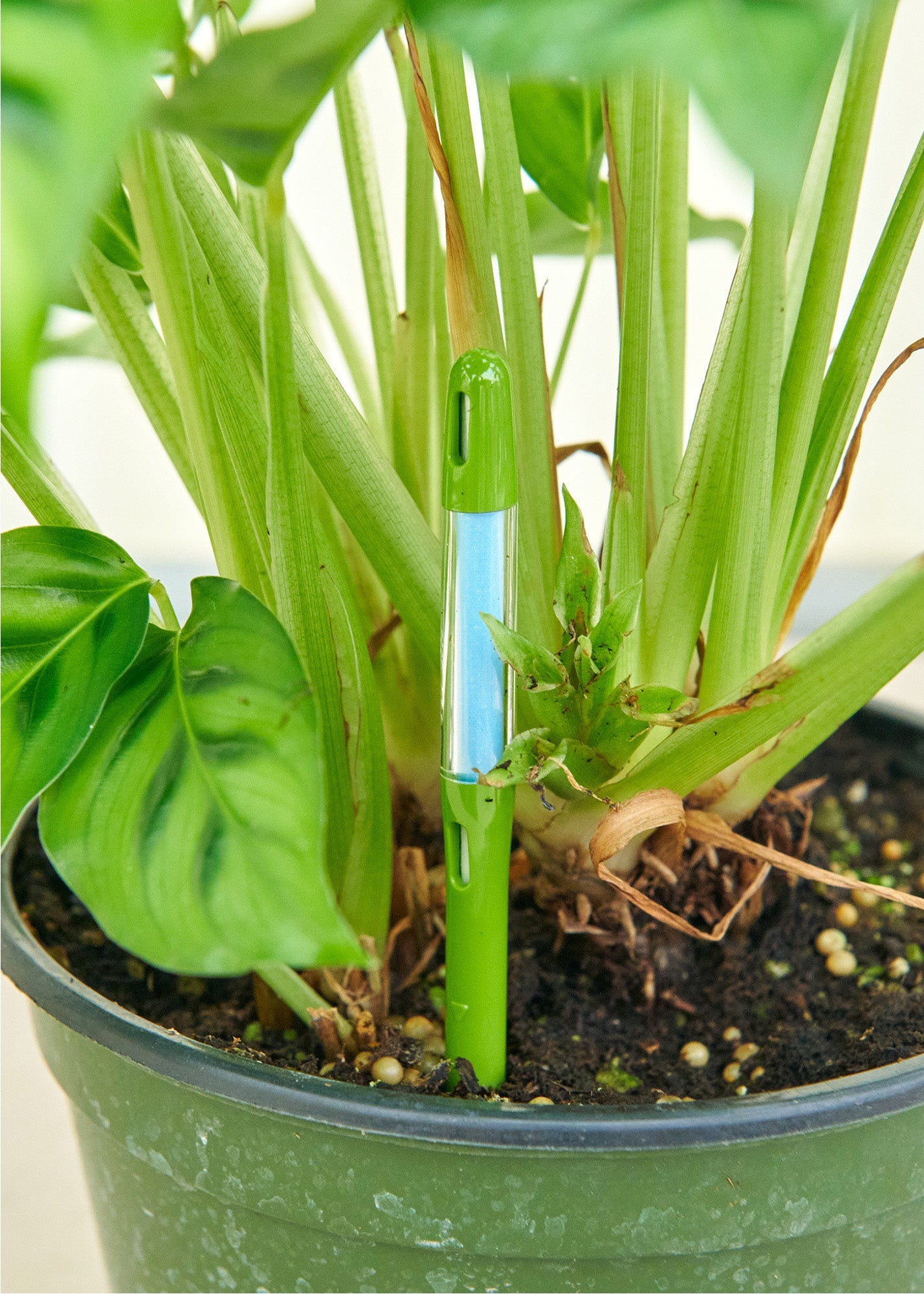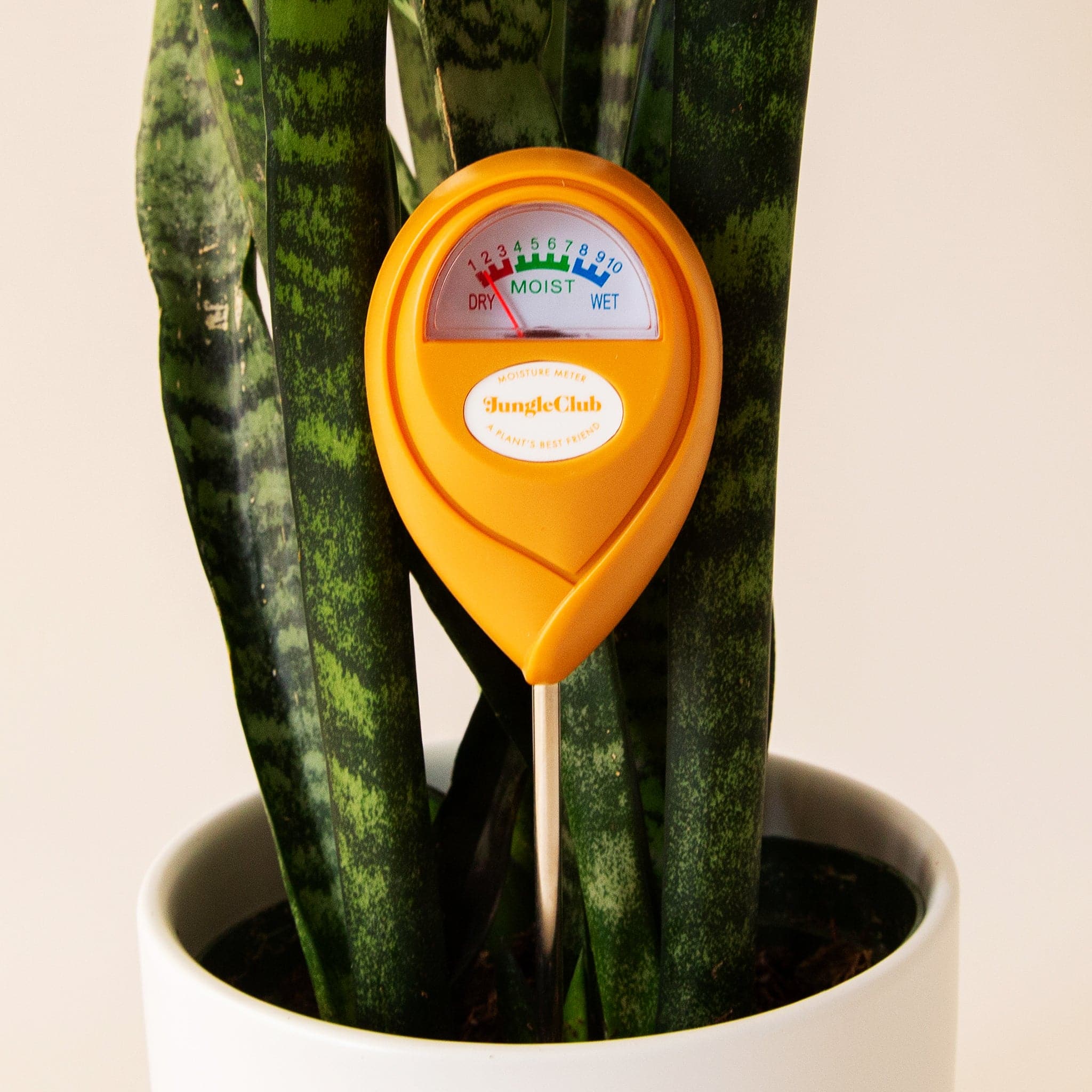The Ultimate Overview to Moisture Meters: A Comprehensive Summary and How They Can Conserve You Cash
In the world of building maintenance, building and construction, and different markets, the significance of accurately determining wetness levels can not be overemphasized. Wetness meters act as important devices in detecting and monitoring moisture web content in products, aiding in preventing pricey problems and guaranteeing the quality of items. Comprehending the subtleties of different sorts of dampness meters, their applications, and the prospective cost-saving advantages they use can be a game-changer for experts and businesses alike. Uncovering exactly how these tools can not only streamline processes yet likewise add to financial cost savings is a trip worth starting.
Kinds Of Moisture Meters
One common type is the pin-type wetness meter, which gauges the electrical resistance in between 2 pins inserted into a material. Pinless wetness meters, on the other hand, usage electro-magnetic sensor plates to scan a larger area without triggering damages to the product's surface area.
Moreover, there are additionally specialized moisture meters made for particular products like dirt, hay, or grain. These meters offer accurate wetness analyses customized to the distinct homes of the product being examined. Infrared dampness meters determine the thermal residential properties of a material to determine its dampness content non-invasively, making them beneficial for applications where pin or pinless meters may not appropriate. Recognizing the various sorts of moisture meters readily available can aid sectors choose one of the most appropriate device for their specific wetness measurement needs.

Advantages of Utilizing Moisture Meters

Additionally, utilizing dampness meters can lead to enhanced energy effectiveness. By determining locations with high dampness degrees, such as leakages or poor insulation, changes can be made to improve energy preservation and minimize energy prices. In farming settings, dampness meters play an essential function in enhancing plant returns by allowing farmers to check dirt dampness degrees and make educated irrigation choices. Generally, the advantages of making use of dampness meters extend throughout numerous sectors, giving cost-effective remedies and promoting much better quality assurance techniques.
Exactly How to Select the Right Moisture Meter
Selecting the suitable wetness meter involves thinking about key variables such as material compatibility, dimension range, and calibration precision. When selecting a wetness meter, it's vital to make certain that the meter is ideal for the particular product you will certainly be testing. Different products have differing electric buildings that can affect dampness analyses, so selecting a meter created for your product is critical for precise results. Additionally, consider the dimension series of the wetness meter. Make sure that the meter can find dampness levels within the range needed for your applications. Calibration accuracy is an additional crucial factor to maintain in mind (Moisture Meter). Opt for a moisture meter with reputable calibration to make certain specific and consistent analyses. Some meters may need routine calibration modifications, so comprehending the calibration procedure is very important. By thoroughly reviewing these variables, you can choose a dampness meter that satisfies your demands and offers accurate moisture dimensions for your projects.
Appropriate Methods for Moisture Meter Usage
To make certain precise dampness analyses and make best use of the effectiveness of a dampness meter, using appropriate methods is crucial. When making use of a pin-type moisture meter, place the pins or probes right into the material being evaluated until they make full get in touch with. Ensure the pins are perpendicular to the surface to get the most accurate analysis. For pinless wetness meters, hold the gadget flat against the product and move it gradually to more information cover the entire location for a typical reading. It's crucial to calibrate the dampness meter according to the material being evaluated to improve accuracy. Take multiple readings across the surface and typical them out for a more trusted result. Additionally, guarantee that the material being examined is acclimated to the setting to avoid manipulated analyses. Routine maintenance of the wetness meter, such as cleaning the pins or sensor, is additionally important to guarantee consistent and precise readings. By adhering to these proper strategies, users can count on their moisture meter to offer credible wetness degrees, helping in stopping expensive damages or making certain high quality in various applications.

Expense Savings Via Moisture Meter Applications
Exactly how can the tactical usage of moisture meters lead to substantial price financial savings across various markets? In the agriculture market, dampness meters aid in establishing the optimum time for read the article gathering crops, avoiding excess or over-drying moisture that can affect the final product's high quality.

Furthermore, in the food handling industry, dampness meters are important for keeping track of item high quality and making certain compliance with safety policies. By properly measuring dampness material in food products, suppliers can prevent putridity, maintain quality, and reduce waste, leading to considerable expense savings. Generally, the calculated application of wetness meters is a useful investment that can cause significant expense reductions and boosted efficiency across various markets.
Conclusion
To conclude, dampness meters are valuable devices for determining and detecting moisture levels in numerous products. By using the right wetness meter and adhering to correct methods, users can successfully protect against costly damages triggered by excess wetness. Purchasing a quality dampness meter can lead to considerable expense financial savings over time by identifying potential problems early on and allowing prompt remediation. Inevitably, wetness meters are necessary instruments for preserving the integrity and longevity of products and frameworks.
Dampness meters serve as important devices in discovering and keeping an eye on moisture web content in materials, assisting in avoiding costly problems and making sure the quality of products. Infrared dampness meters determine the thermal buildings of a product to establish its dampness content non-invasively, making them valuable for applications where pin or pinless meters may not be ideal.Wetness meters provide very useful benefits in precisely monitoring and assessing dampness levels in diverse materials and environments. In agricultural settings, moisture meters play a critical role great post to read in optimizing crop yields by making it possible for farmers to monitor dirt moisture degrees and make informed irrigation choices.In final thought, wetness meters are useful devices for gauging and discovering dampness degrees in various products.